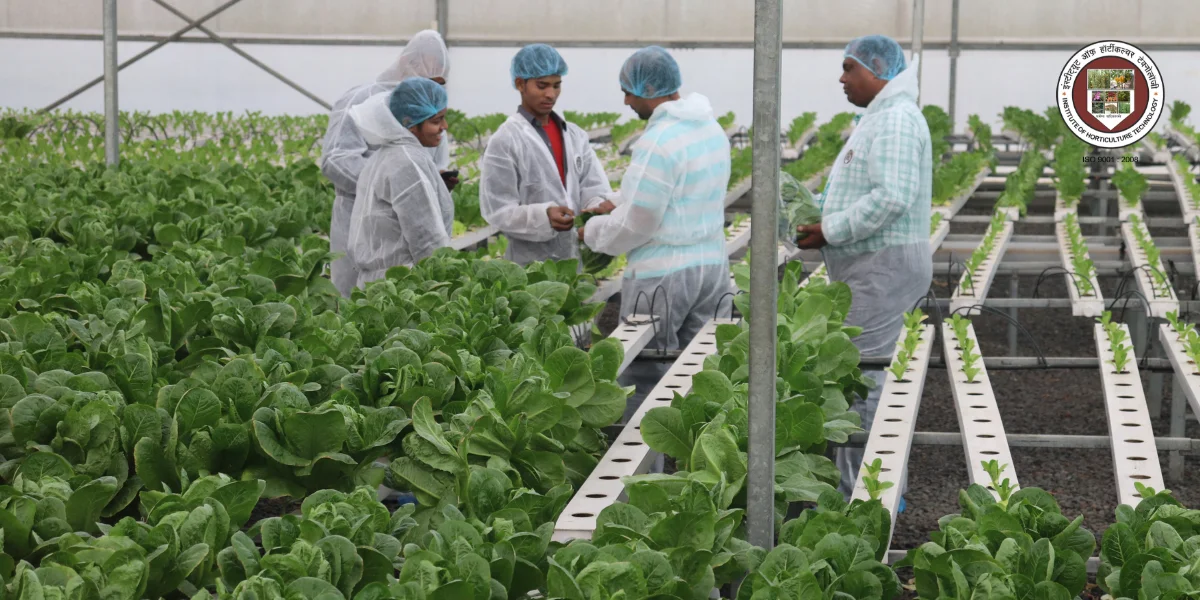Introduction
Commercial hydroponics is a sophisticated method of growing plants without soil, utilizing nutrient-rich water solutions in a controlled environment such as greenhouses or indoor facilities. Hydroponics also uses water more efficiently than traditional soil-based agriculture, with water recirculated within the system to minimize waste and reduce environmental impact. There are different types of systems like Deep Water Culture where plants are suspended in a nutrient solution with their roots submerged, Nutrient Film Techique where nutrient solution flows continuously over plant roots providing a thin film of nutrients and Vertical Farming System where plants are grown in stacked layers or vertically inclined surfaces to maximize space efficiency.
What you need
Growing Medium – Instead of soil, plants are grown in inert mediums like perlite, vermiculite, coconut coir or directly in water (aeroponics). These mediums support plant roots and allow for nutrient absorption.
Nutrient Solution – Plants receive essential nutrients dissolved in water, delivered directly to their roots. The nutrient solution is carefully balanced and adjusted based on the specific needs of different crops.
Controlled Environment – Hydroponic systems are housed in climate-controlled environments to optimize growing conditions. This includes regulating temperature, humidity, light intensity and CO2 levels to maximize plant growth and yield.
Advantages
Plants grown hydroponically often yield more produce per square meter compared to soil-based methods due to optimized nutrient delivery and controlled environmental conditions. Not just that but plants in hydroponic systems typically grow faster because they have easy access to nutrients, enabling them to focus on growth rather than searching for nutrients in soil. Vertical and compact designs allow for intensive cultivation in urban areas or regions with limited arable land. Soil-borne pests and diseases are minimized or eliminated, reducing the need for pesticides and fungicides, which enhances food safety and reduces chemical inputs.
Challenges
Setting up a commercial hydroponic operation can involve higher initial investment costs for infrastructure, equipment and technology. It also requires knowledge of hydroponic systems, nutrient management and environmental control systems which may require training and expertise. Regular monitoring of nutrient levels, pH balance and environmental factors is essential for optimal plant growth and avoiding system failures. You should be able to ensure the quality as well as the consistency of the produce that meets the customers expectations.




Leave A Comment